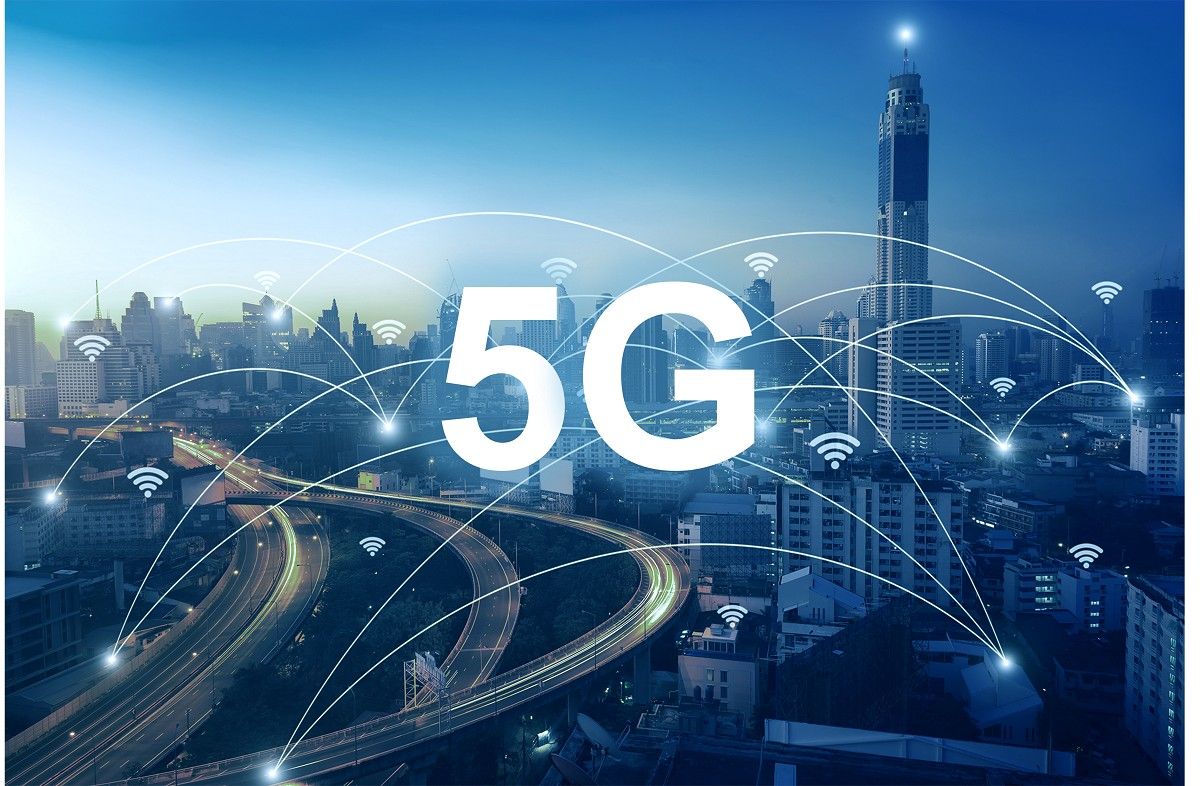Rise by Six: Your Daily Dose of Inspiration
Explore insights and stories that elevate your day.
5G or Not 5G: The Race to the Next Generation
Discover the thrilling race to 5G! Is it the future or just hype? Uncover the truth behind the next generation of connectivity!
Understanding 5G: What It Means for Your Everyday Life
5G technology represents the fifth generation of mobile communication, bringing rapid advancements in speed and connectivity that will revolutionize our everyday lives. Unlike its predecessor, 4G, which provides speeds up to 100 Mbps, 5G can reach staggering speeds of 10 Gbps or more. This enhancement means that activities such as streaming high-definition videos, downloading large files, and playing online games will become instantaneous experiences. Moreover, the reduced latency associated with 5G enhances user experiences by ensuring smoother communication for applications like video calls, virtual reality, and real-time gaming.
The impact of 5G extends beyond just personal entertainment; it is poised to transform various industries including healthcare, transportation, and smart cities. For instance, in healthcare, 5G can enable remote surgeries with precision through enhanced connectivity, while in transportation, it supports connected vehicles that communicate with each other to improve safety. Smart cities will leverage 5G to manage resources efficiently, monitor environmental conditions, and provide citizens with real-time information. As we embrace this innovative technology, it is essential to understand its potential and prepare for a future where connectivity shapes our daily lives.

The Pros and Cons of 5G Technology: Is It Worth the Hype?
5G technology promises to revolutionize the way we connect and communicate, offering significantly faster download speeds, lower latency, and increased connectivity for a massive number of devices. This next-generation network is a game-changer for various sectors, from healthcare to transportation, enabling innovations such as telemedicine, augmented reality, and smart cities. According to supporters, the benefits of 5G can lead to enhanced productivity, improved efficiency, and an overall boost in economic growth. These advantages make many excited about the potential that 5G technology holds for the future.
However, despite its potential, there are also notable cons of 5G technology that deserve consideration. One major concern is the infrastructure cost; the deployment of 5G requires a dense network of antennas and equipment, which can be a challenging investment for both cities and businesses. Additionally, there are ongoing debates surrounding health risks associated with increased radiofrequency exposure, and regulatory challenges related to privacy and security. As such, while 5G holds promise, it is imperative to weigh these factors carefully to determine if it is indeed worth the hype.
5G vs. 4G: Key Differences That Could Change Your Connectivity
As technology continues to evolve, the transition from 4G to 5G networks heralds significant changes in connectivity. 5G promises to deliver faster speeds, lower latency, and increased capacity, allowing for a multitude of new applications that were previously impractical. Key differences include:
- Speed: 5G offers peak speeds up to 10 Gbps, compared to 4G's maximum of about 1 Gbps.
- Latency: The latency of 5G can be as low as 1 millisecond, while 4G typically experiences latencies of 30-50 milliseconds.
The impact of these differences extends beyond just consumer devices; industries like healthcare, transportation, and entertainment stand to benefit significantly. With the ability to support a higher number of connected devices, 5G will enable the growth of the Internet of Things (IoT), allowing for smarter cities and more responsive technology. Industries will be able to leverage 5G for real-time data processing and decision-making, fundamentally transforming how we interact with the world around us.